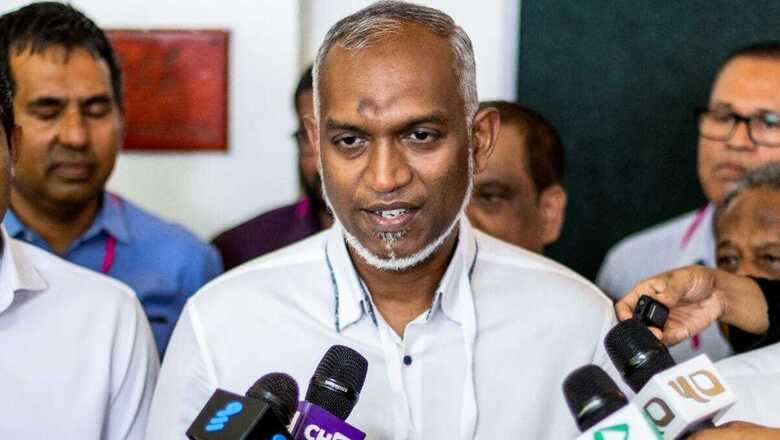
views
China on Monday congratulated Maldives President Mohamed Muizzu’s People’s National Congress (PNC) which has secured an absolute majority in Sunday’s Parliament polls and expressed its willingness to deepen the ”comprehensive strategic cooperative partnership” between the two countries.
Muizzu-led PNC won 68 out of 93 seats in Sunday’s polls and its coalition partners Maldives National Party (MNP) and Maldives Development Alliance (MDA) won one and two seats, respectively, which is more than two-thirds of the Parliament, landing the party an easy supermajority with the power to amend the Constitution.
The Maldivian Democratic Party (MDP), led by former president Ibrahim Mohamed Solih, who is seen as a pro-India leader, won only 15 seats this time. The parliamentary majority for the PNC would give Muizzu the legislative backing to shape the foreign policy of the strategically placed archipelagic state in the Indian Ocean geographically located close to India’s southern coast.
Commenting on the PNC’s victory, Chinese Foreign Ministry spokesman Wang Wenbin told a media briefing here that Beijing wants to congratulate the Maldives on the successful parliament election and respect the choice made by the people. “China stands ready to work with the Maldives to carry forward traditional friendship, expand exchanges and cooperation in various fields, deepen China-Maldives comprehensive strategic cooperative partnership and speed up the building of a China-Maldives community with a shared future to deliver greater benefits to our two peoples,” he said.
Ever since his election as President in October last year, Muizzu, who defeated the pro-India incumbent Solih, moved closer to China signing what the two countries term as a ”comprehensive strategic cooperative partnership” besides 20 agreements to assist Maldives infrastructure after meeting with President Xi Jinping here in January.
China also announced a USD 130 million grant besides promising to send more Chinese tourists to the tourism-dependent Maldives. After Muizzu’s visit in January, China is sending more of its tourists to Maldives on his request in an apparent attempt to reduce the dependence on Indian tourists in the tourism-dependent country. Subsequently, the two countries signed an agreement under which China’s military would supply ’non-lethal’ weapons to the Maldives free of cost.
China has also started several medium infrastructure projects in the Maldives in recent months. Regarded as the pro-China leader, Muizzu started his Presidency demanding the withdrawal of the 88 Indian military personnel handling two helicopters to ferry Maldives patients to hospitals from various atolls and a Dornier maritime surveillance aircraft to monitor the Indian Ocean.
After negotiations, the two countries reached an agreement to replace the military personnel with civilians to operate two India-donated helicopters and a Dronier aircraft. For its part, India too increased its annual aid to Maldives and permitted a steady supply of essentials including vegetables, food and construction materials relaxing export restrictions. Subsequently, Muizzu toned down his anti-India rhetoric saying that India will remain “without a question” a “closest ally” of Maldives and urged New Delhi to provide debt relief to his country for the ”hefty” loans taken by Male.
Muizzu in his media interview last month said the only matter of contention that arose with India was the presence of Indian military personnel in the Maldives and India too had agreed to withdraw them. “It is not nice to dismiss or disregard aid from one country to another as useless,” he said, adding that Indian projects in Maldives will continue. Observers say now that his PNC party won the parliament polls, it is to be seen the likely course of his foreign policy towards India and China.











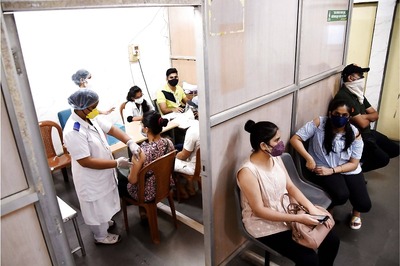
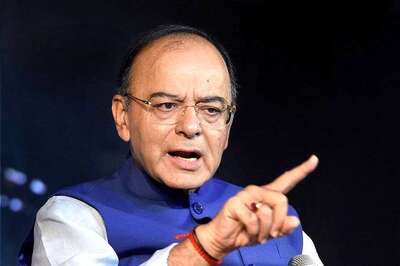


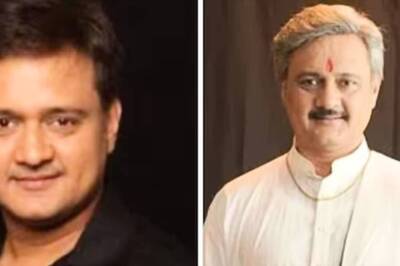

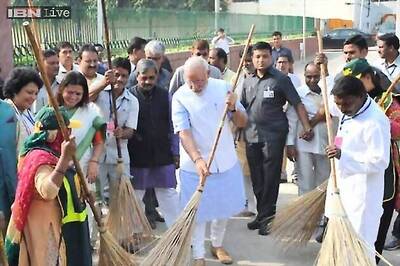


Comments
0 comment